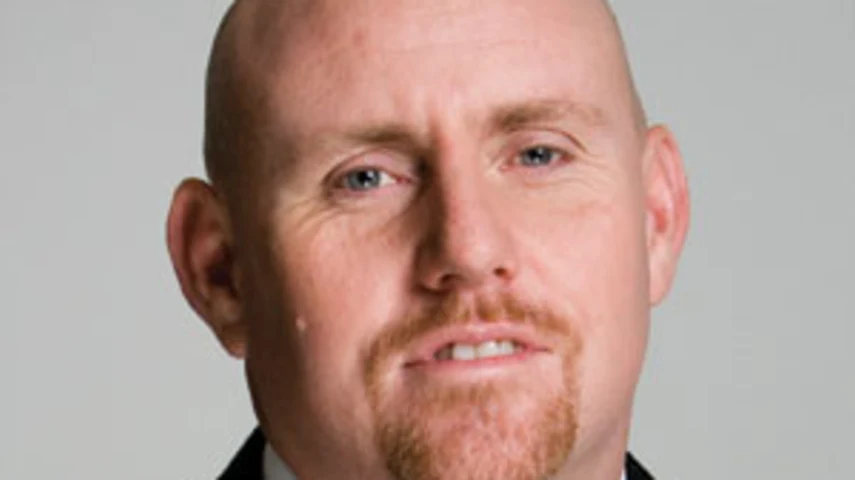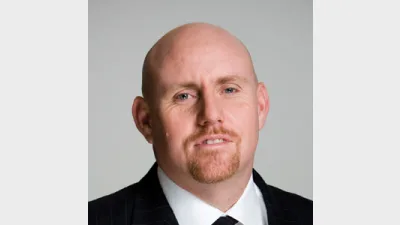Lack of vision stymies super fund infrastructure investment



Super funds would invest more in infrastructure if Federal and State Governments packaged assets better, Club Plus Super chief executive Paul Cahill said.
"The projects are there and the financing domestically is there as well, but the problem is trying to link it altogether," Cahill said.
Although he did not think the current Government would act to make it easier for institutions to invest in the country's infrastructure assets, he said things might change under the Coalition.
"The next government — it's just too big an opportunity for them to do things," Cahill said.
"The government sets the tone — how we deal with it is based on what they produce and present to us.
"If they make it difficult and awkward, we'll find other ways of investing our money."
Cahill said although many funds had had a negative experience with toll roads, there were a number of infrastructure assets that would produce good returns but were not in the public eye.
"There's a lot of infrastructure assets that are under our feet that we don't really think about, but they're there," he said.
"In many instances they're government vehicles and to them bring to market, the government's got to say, ‘Right, there it is, that's what we're offering, here's the vehicles that it's going to be housed in and here's the terms and conditions'.
"If they do that and the investment stacks up, you'll find that super money lands on it every time and it mightn't be all Australian," said Cahill.
Recommended for you
Australia’s superannuation funds are becoming a defining force in shaping the nation’s capital markets, with the corporate watchdog warning that trustees now hold systemic importance on par with banks.
Payday super has passed Parliament, marking a major shift to combat unpaid entitlements and strengthen retirement outcomes for millions of workers.
The central bank has announced the official cash rate decision for its November monetary policy meeting.
Australia’s maturing superannuation system delivers higher balances, fewer duplicate accounts and growing female asset share, but gaps and adequacy challenges remain.










